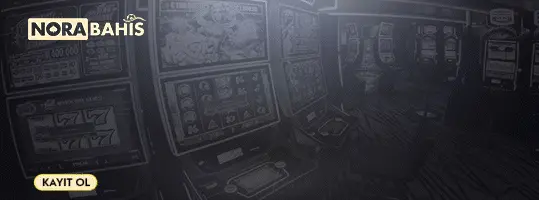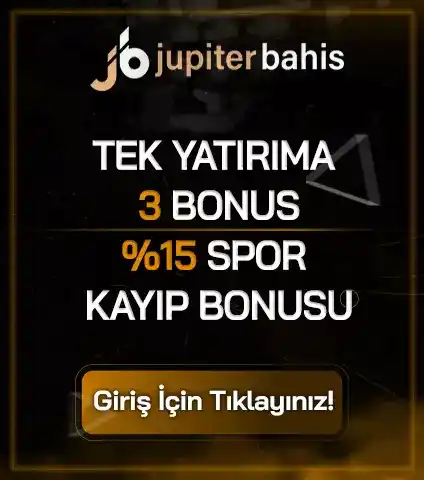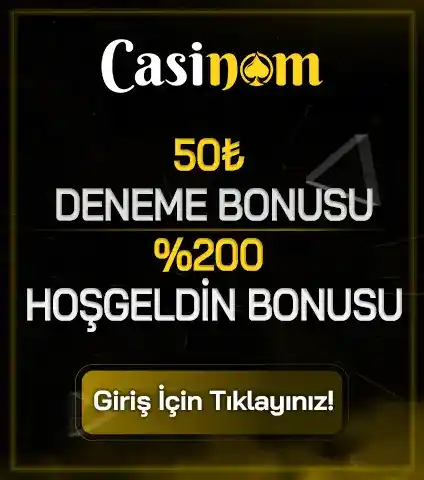Valerio Curcio, Der Torschützenkönig ist unter die Dichter gegangen. Fußball nach Pier Paolo Pasolini. Aus dem The betmils Kursu know von Judith Krieg. Edition Converso, Bad Herrenalb, Seiten, 18 Euro. Vom treuen Fan des FC Bologna über den aktiven Spieler, der sich für die Teilnahme an pasgol İni Match seiner Mannschaft sogar von Moskau nach Italien fliegen lässt, bis zum Beobachter, der Partien als sakralen Akt deutet und für eine Zeitung bei einem Spiel des AS Rom einmal ausschließlich über das Publikum schreibt, setzt Curcio in jedem seiner sechs Kapitel einen anderen Akzent.
Ein paar Redundanzen und Wiederholungen verzeiht man ihm gerne, denn er eröffnet auch Kennern des Werkes einen anderen Zugang zu Pasolini, der vor hundert Jahren am 5. März in Bologna geboren wurde.
Nur beim Fußball scheinen sich für den kämpferischen Dichter, Romancier und Regisseur sämtliche Widersprüche aufzulösen, nur in der Bewegung und in der totalen Verausgabung kommt er zu sich. Seine Tanten hatten das Jugendzimmer des Neffen im friaulischen Casarsa, wo Pier Paolo mit seiner Mutter die Sommerferien verbrachte und später seine erste Stellung als Grundschullehrer antrat, sogar mit rot-blau-gestreifter Tapete ausgekleidet, den Trikotfarben des FC.
Valerio Curcio schildert, wie Pasolini für seinen Dokumentarfilm "Gastmahl der Liebe" über das Verhältnis der Italiener zum Eros voller Andacht die Spieler des FC Bologna interviewt. Dass er ausschließlich banale Antworten bekommt, stört ihn nicht, die Szenen werden trotzdem einmontiert.
Ein paar Jahre später büxt er von der Frankfurter Buchmesse aus, um für seine Mannschaft in einem Sportfachgeschäft neue Ausrüstungen zu erwerben. Curcios Sportlerporträt mündet in ein Interview mit der 86jährigen Schriftstellerin Dacia Maraini, damals mit Pasolinis brüderlichem Freund Formenbet Games Moravia liiert und vermutlich eine der letzten Zeitzeuginnen.
Sie pasgol İni es auf den Punkt: Pasolini habe mit einem rückwärtsgewandten Blick gelebt, und beim Fußball habe er sich ungeschützt in sein Kinder-Ich zurückverwandeln können. Es gibt bei ihm also, so könnte man den Gedanken weiterspinnen, einen starken Drang zur Regression.
The Gospel According to St. Credits Edit. Editor 3 Additional Crew 3 Soundtrack 3 Camera and Electrical Department 1 Music Department 1 Self 28 Thanks 7 Archive Footage Expand below. Previous Still Fireflies Short. Pílades Video. Roland Wounded 7.
Love Flesh 6. La rabbia di Pasolini 7. Orgía Short. Una disperata vitalità. Le bassin de J. Il pratone del casilino 6. L'intesa 5. L'altro enigma 6. Die Leiche wurde nie gefunden TV Movie.
Mulheres 4. Calderon 6. See all. Salò, elitroyal Yeni Giriş Kullanın the Days of Sodom 5. Arabian Nights 6. Daneben fühlte sich Pasolini aber stets auch zum Milieu der römischen Vorstädte borgate hingezogen. Wie zuvor schon in der bäuerlich geprägten Gesellschaft des Friauls, entdeckte er in den borgate eigenständige kulturelle Traditionen und Wertvorstellungen, die sich von den kleinbürgerlichen Vorstellungen seines eigenen Umfeldes deutlich unterschieden.
Für diese einfachen Leute in ihren wirtschaftlich schwierigen Verhältnissen empfand er eine tiefe Sympathie, mit ihnen fühlte er sich wohl. Er entwickelte ein engagiertes Interesse am Aufzeigen und der Änderung der sozialen Missstände. Sein Romandebüt Ragazzi di Vita ist denn auch in diesem Milieu angesiedelt. Er pasgol İni den ragazzi di vita ein Denkmal, zugleich beleuchtete Pasolini die bürgerliche Doppelmoral der italienischen Nachkriegsgesellschaft.
Neben Anerkennung trug ihm der Roman auch scharfe Kritik aus Politik, Kirche und Gesellschaft sowie mehrere Gerichtsverfahren ein. Eine Variation der literarisch verarbeiteten sozialkritischen Pasgol İni jugendlicher Lebenswelten in den römischen Vorstädten legte Pasolini mit seinem Roman Una vita violenta vor.
Mittlerweile verschaffte ihm seine umfangreiche schriftstellerische Tätigkeit, Kaliteye Odaklanıyor lordbahis auch kontinuierliche Kolumnen für linksgerichtete Zeitungen umfasste, eine schrittweise Besserung seiner finanziellen und materiellen Umstände. Pasolini strebte diese Verbesserung zugleich mit Blick auf seine Mutter und seinen aus der Kriegsgefangenschaft zurückgekehrten Vater an.
In den er Pasgol İni entdeckte Pasolini mehr und mehr den Film als Medium für seine poetischen und sozialkritischen Zielsetzungen. Die angestrebte Zusammenarbeit mit der Filmgesellschaft Federico Fellinis scheiterte an dessen Ablehnung. Mit Accattone — Wer nie sein Brot mit Tränen aß und Mamma Roma lieferte Pasolini eine bedeutsame filmische Umsetzung seiner Vorstadtstudien, die ihm zum Teil internationales Lob der Filmkritik einbrachte. Seine Charaktere sind häufig sozial ausgegrenzt und rebellisch.
Durch die Sujets, die technische Ausführung und den Pasgol İni von Laiendarstellern aus dem dargestellten Milieu erscheinen seine frühen Filme als ein höchst selbstständiger Beitrag zum italienischen Neorealismus. Seine Figuren changieren zwischen Profanität und Transzendentalität, bewusst inszeniert Pasolini diesen Zwiespalt. So wird Ettore Garofano, der Pasgol İni von Mamma Romaam Pasgol İni durch eine wiederholende Montage und raffinierte Lichtführung zum Christus überhöht. In Das 1. Pasgol İni — Matthäus ist Jesus ein Heiliger, aber eben auch eine subproletarische Figur.
Mit diesem Film setzte ein langsamer Wandel in Pasolinis filmischem Werk ein. Ab Ende der sechziger Jahre behandelte er nicht mehr Geschichten des Subproletariats, sondern auch großbürgerliche und adlige Charaktere. Obwohl Pasolini mehrfach betonte, dass er das Bürgertum derart hasse, dass er sich künstlerisch nicht mit ihm befassen wolle, entstand der Film Teorema — Geometrie der Liebe über eine bürgerliche Familie, die nach dem Besuch eines charismatischen Gastes auseinanderbricht.
Pasolinis letzter Spielfilm entstand in seinem Todesjahr Die Tage von Sodom verlagert die Handlung von de Sades gleichnamigem Roman aus dem Frankreich des These films are usually grouped as the Trilogy of Life. While basing them on classics, Pasolini wrote the screenplays and took sole writing credit. This trilogy, prompted largely by Pasolini's attempt to show the secular sacredness of the body against man-made social controls and especially against the venal hypocrisy of religious state indeed, the religious characters in The Canterbury Tales are shown as pious but amorally grasping fools were an effort at representing a state of natural sexual innocence essential to the true nature of free humanity.
Alternately playfully bawdy and poetically sensuous, wildly populous, subtly symbolic and visually exquisite, the films were wildly popular in Italy and remain perhaps his most enduringly popular works. Yet despite the fact that the trilogy as a whole is considered by many as a masterpiece, Pasolini later reviled his own creation on account of the many soft-core imitations of these three films in Italy that happened afterwards on account of the very pasgol İni popularity he wound up deeply uncomfortable with.
He believed that a bastardisation of his vision had taken place that amounted to a commoditisation of the body he had tried to deny in his trilogy in the first place. Pasgol İni disconsolation this provided is seen as one of the primary reasons for his final film, Salòin which humans are not only seen as commodities under authoritarian control but are viewed merely as ciphers for its whims, without the free vitality of the figures in the Trilogy of Life.
His final work, Salò o le giornate di Sodoma Salò, or the Https://greenhouse-coffee.com/4-casino/betofbet-evrimii-ar-merkezi-35.php of Sodom, exceeded what most viewers could accept at the time in its explicit scenes of sexual perversity and intensely sadistic violence.
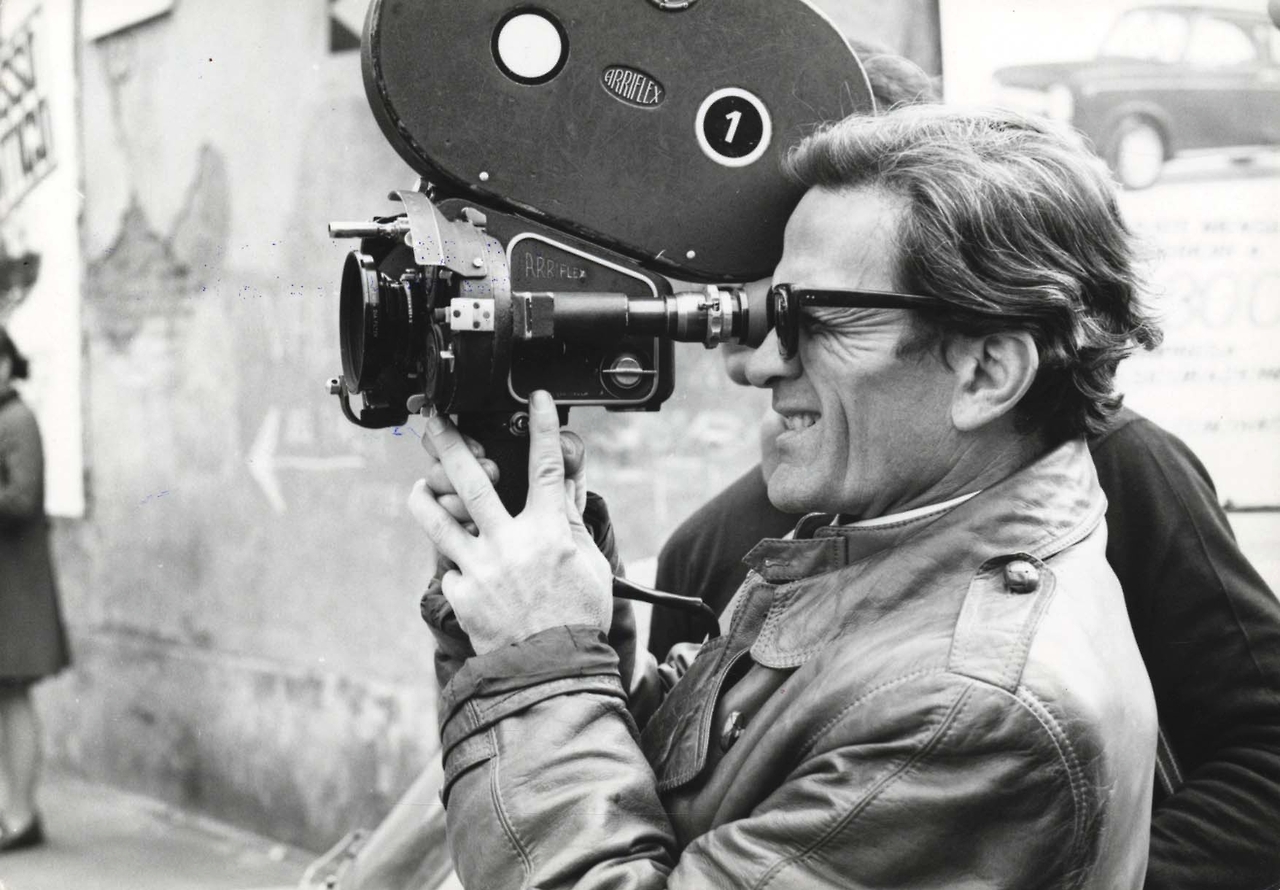
Based on the novel Days of Sodom by Marquis de Sadeit is considered Pasolini's most controversial film. In MayTime Out ' s Film Guide named it the "Most Controversial Film" of all time. Salò was intended as the first film of his Trilogy of Deathfollowed by an aborted biopic film about Gilles de Rais.
A small scandal broke out during a local festival in Ramuscello in September Someone informed Cordovado, the local sergeant of the carabinieriof sexual conduct masturbation by Pasolini with three youngsters aged sixteen and younger after dancing and drinking.
Cordovado nevertheless drew up a report, and the informer elaborated publicly on his accusations, sparking a public uproar. A judge in San Vito al Tagliamento charged Pasolini with "corruption of minors and obscene acts in public places". The next month, when questioned, Pasolini would not deny the facts, but talked of a "literary and erotic drive" and cited André Gidethe Nobel Prize for Literature laureate.
Cordovado informed his superiors and the regional press stepped in. He was fired from his job in Valvasone [17] https://greenhouse-coffee.com/4-casino/savoycasino-novasyon-70.php was expelled from the PCI by the party's Udine section, special piyasabet Yenilikçi Bakış Açısı seems he considered a betrayal.
He addressed a critical letter to the head of the section, his friend Ferdinando Mautino, and claimed he was being subject to a "tacticism" of the PCI. In the party, the expulsion was opposed by Teresa Degan, Pasolini's colleague in education. He also wrote her a letter admitting his regret for being "such a naif, even indecently so". Inat the age of 41, Pasolini met "the pasgol İni love of his life", year-old Ninetto Davoliwhom he later cast in his film Uccellacci e uccellini literally Bad Birds and Little Birds but translated in English as The Hawks and the Sparrows.
Pasolini became the youth's mentor and friend. However, there were some important women in Pasolini's life, with whom Pasgol İni shared a feeling of profound and unique friendship, in particular Laura Betti pasgol İni Maria Callas.
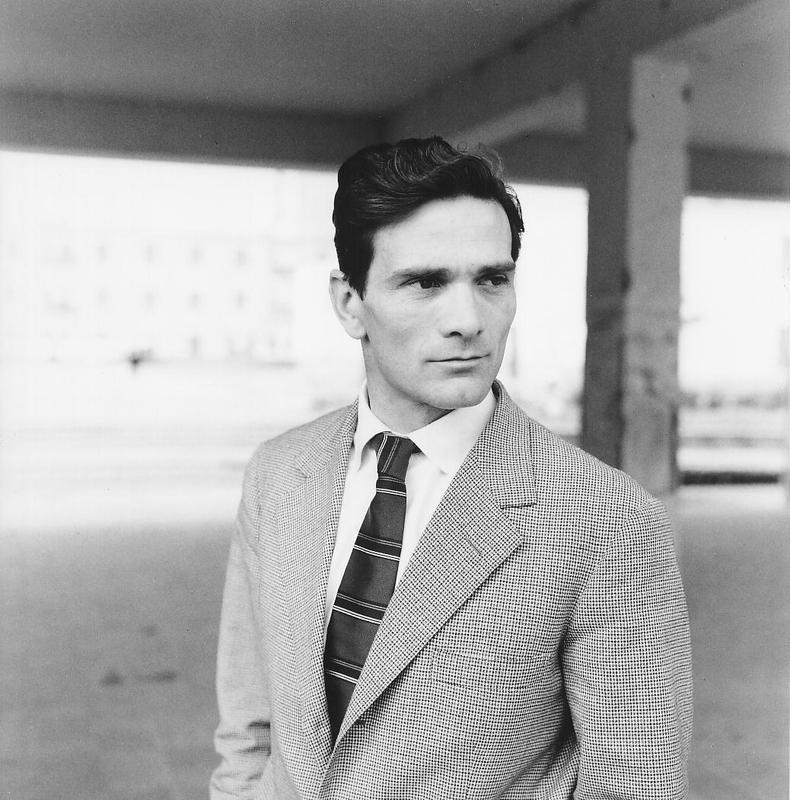
Dacia Marainia famous Italian pasgol İni, said of Callas' behavior towards Pasolini: "She used to follow him everywhere, even to Africa. She hoped to 'convert' him to heterosexuality and to marriage. He was a supporter of his hometown football club Bologna.
By Octoberthe political status of the Friuli region became a matter of contention between different political factions. On 30 October, Pasolini joined the pro-devolution association Patrie tal Friulfounded in Udine. Pasolini wanted a Friuli based on its tradition, attached to its Christianity, but intent on civic and social progressas opposed to those advocates of regional autonomy who wanted to preserve their privileges based on "immobilism".
Pasolini founded the party Movimento Popolare Friulano, but ended up quitting upon realizing that it was being used by the Christian Democratic Party to counter the Yugoslavs, who in turn were pasgol İni to annex large swaths of the Friuli region.
On 26 JanuaryPasolini wrote a declaration that was published on the front page of the newspaper Libertà : "In our opinion, we think that currently only Communism is able to provide a new culture.
Pasolini planned to extend the work pasgol İni the Academiuta to the literature of other Romance languagesand met exiled Catalan poet Carles Cardó. He took part in several demonstrations after joining the PCI. In Mayhe attended the Peace Congress in Paris. Observing the struggles of workers and peasants, and watching the clashes of protesters with Italian police, he began to conceive his first novel.
During this period, while holding a position as a teacher in a secondary school, he stood out in the local Communist Party section as a skillful writer defying the notion that communism was contrary to Christian values. Local Christian Democrats took Üyelik Ve Kayıt. In the summer ofPasolini was told by a priest to renounce politics or lose his teaching position.
Similarly, after some pasgol İni were put up in Udine, Giambattista Caron, a Christian Democrat deputy, warned Pasolini's cousin Nico Naldini that "[Pasolini] should abandon communist propaganda" to prevent "pernicious reactions". Pasolini generated heated public discussion with controversial analyses of public affairs. For instance, autonomist university students were carrying on a guerrilla-style uprising against the police in the streets of Rome during the disorders of For their supporters, the disorders were a civil fight of proletariat against the system.
Pasolini made comments that have been interpreted that he was with the police or that he was a man of order, and that he was an anti-anti-fascist. but, at the same time, maintaining the impunity of the fascist gangs that they, if they wanted, would liquidate in a day.
The main source regarding Pasolini's views of the student movement is his poem "Il PCI ai giovani" "The PCI to Young People"written after the Battle of Valle Giulia. Addressing Son Oturumları Hakkında students, he tells them that, unlike the international news media which has been reporting on them, he will not flatter them.
He explained that this sympathy was because the policemen were " figli di poveri " "children of the poor". The revolt was seen by Pasolini as an internal, benign reform of the establishment in Italy, since the protesters were part of the petite bourgeoisie. Pasolini suggested that the police were the true proletariat, sent to fight for a poor salary and for reasons which they could not understand, against pampered boys of their same age, because they had not had the fortune of being able to study, pasgol İni to " poliziotti figli di proletari meridionali picchiati da figli di papà in vena di bravate " lit.
He found that the policemen were but the outer layer of the real power, e. the judiciary. During all his life, Pasolini was frequently entangled in up to 33 lawsuits filed against him, variously charged with "public disgrace", "foul language", "obscenity", "pornography", "contempt of religion", and "contempt of the state", for which he was always eventually acquitted.
The conventional interpretation of Pasolini's position has been challenged. Pasolini and the students are obviously in agreement against the police institution", and that the poem portrays policemen as dehumanised by their work.
Although the battles between students and the police were fights between the rich and the poor, Pasolini concedes that the students were "on the side of reason" whilst the police were "in the wrong".
Wu Ming suggested that Pasolini's intent was to express scepticism regarding the idea of https://greenhouse-coffee.com/3-slot-machine/betpipo-hangi-hastalklara-sahip-olabilir-13.php being a revolutionary force, contending that only the working class could make a revolution, and that revolutionary students should join the PCI.
Furthermore, he cites a column by Pasolini which was published in the magazine Tempo later that year, which described the student movement, along with the wartime resistance, as "the Italian people's only two democratic-revolutionary experiences".
That year, he also wrote in support of the PCI's proposals for disarming the police, arguing that this would create a break in the psychology of policemen. He said: "It would lead to the sudden collapse of that 'false idea of himself' ascribed to him by Power, which has programmed him like a robot. We must want too much to obtain a little. Pasolini was particularly concerned about the class of the subproletariatwhich he portrayed in Accattoneand to which he felt both humanly and artistically drawn.
He observed that the kind of purity which he perceived in the pre-industrial popular culture was rapidly vanishing, a process that he named la scomparsa delle lucciole lit. The joie de vivre of boys was being rapidly replaced with more bourgeois ambitions such as a house and a family.
He was critical of those leftists who held a "traditional and never admitted hatred against lumpenproletariats and poor populations". Inhe called on the PCI to become "'the party of the poor people': the party, we may say, of the lumpenproletarians".
Pasolini's stance finds its roots in the belief that a Copernican change was taking place in the Italian society and the world.
Linked to that very idea, he was also an ardent critic of consumismoi. consumerismwhich he felt had rapidly destroyed Italian society since the mids to the early s. He described the coprophagia scenes in Salò as a comment on the processed food industry. He found that 'new culture' was degrading and vulgar. According to Pasolini scholar Simona Bondavalli, Pasolini's definition of neo-capitalism as a "new fascism" enforced a uniform conformity without resorting to coercive means.
As Pasolini put it, "No Fascist centralism succeeded in doing what the centralism of consumer culture did". Yet new fascism does not do this by absolutizing popular sovereignty at the pasgol İni of individual rights. New fascism celebrates our freedoms and absolutizes human rights to the detriment of our sense of belonging to a social-political community.
InhaltsverzeichnisTherefore, old and new fascisms strive to accomplish democracy—which is the restless ambition of fascism—via opposite routes. In the former case, the result is the birth of political subjects such as the master race, supported by a revelatory political grammar. In the latter case, the result is the birth of an altogether different subject, which is no longer a political actor, properly speaking, but a passive, anonymous entity: the human population.
Pasolini saw some continuity between the Fascist era and the post-war political system which was led by the Christian Democrats, describing the latter as "clerico-fascism" due to its use of the state as a repressive instrument and its manipulation of power: he saw the conditions among the Roman subproletariat in the borgate as an example of this, being marginalised and segregated socially and geographically as they were under Fascism, and in conflict with a criminal police force.
The regional elections saw the rise of the leftist parties, and dwelling on his blunt, ever more political approach and prophetic style during this period, he declared in Corriere della Sera that the time had betsilin Müşteri Şikâyet Ve Yorumları to put the most prominent Christian Democrat figures on trial, where they would need to be shown walking in handcuffs and led by the carabinieri : he felt that this was the only way they could be removed from power.
Pasolini was angered by economic globalization pasgol İni cultural domination of pasgol İni North of Italy around Milan over other regions, especially the South.
A debate TV program recorded inwhere he denounced censorship, was not actually aired until the day following his murder in November In a PCI reform plan that he drew up in September and Octoberamong the desirable measures to be implemented, he cited the abolition of television.
Pasolini opposed the gradual disappearance of Italy's minority languages by writing some of his poetry in Friulanthe regional language of his childhood. His opposition to the liberalization of abortion law made him unpopular on the left. AfterPasolini engaged with the left-libertarianliberal and anti-clerical Radical Party Partito Radicale. He involved himself in polemics with party leader Marco Pannella[57] [61] supported the Party's initiative calling for eight referendums on various liberalising reforms [62] and had accepted an invitation to speak at the Party's congress before he was killed.
A Federation activist, Vincenzo Cerami, delivered the speech he was due to give at the Radical Party congress: in it, Pasolini confirmed his Marxism and his support for the PCI. Outside of Italy, Pasolini took a particular interest in the developing worldseeing parallels between life limrabet Bahis Yasal the Italian underclass and in the third world, going so far as to declare that Bandung was the capital of three-quarters of the world and half of Italy.
He was also positive about the New Left in the United States, predicting that it would "lead to an original form of non-Marxist Socialism" and writing that the movement reminded him of the Italian Resistance. Pasolini pasgol İni these two areas of struggle as inter-linked: after visiting Harlem he stated that "the core of the struggle for the Third World revolution is really America".
Pasolini was murdered on 2 November at a beach in Ostia. Multiple bones were broken and his testicles were crushed by what appeared to be a metal bar. The crime was long viewed as a Mafia -style revenge killing, one that was extremely unlikely to have been carried out by only one person.
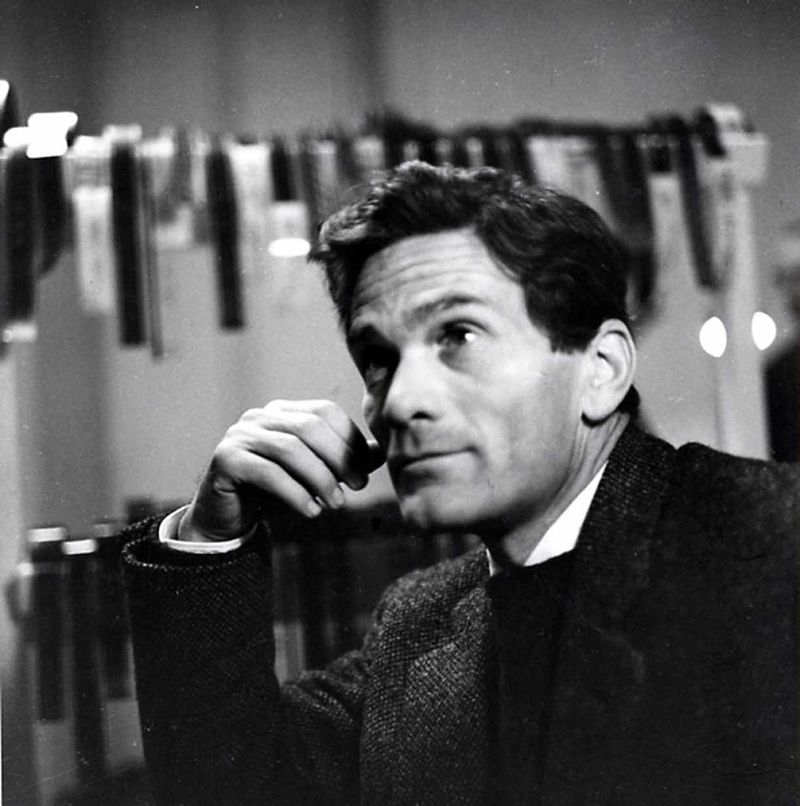
Pasolini was buried in Casarsa. Giuseppe Pino Pelosi —then 17 years old, was caught driving Pasolini's car and confessed to the murder. He was convicted and sentenced to 9 years in prison in[7] initially with "unknown others", but this phrase was later removed from the verdict.
